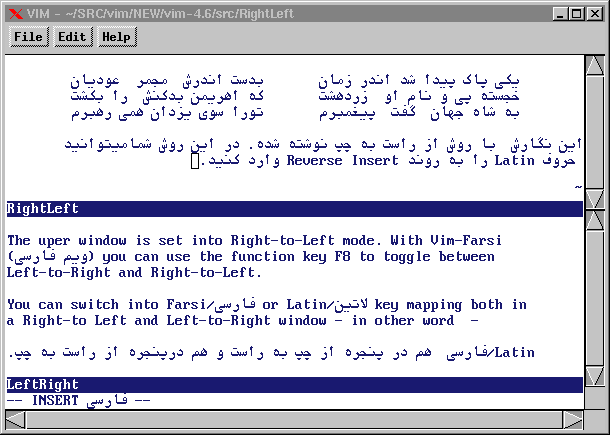

I advise you run the file command on your file and see what kind of archive file it is. Solution: Since it was not a gzipped file, a simple tar is able to extract the file: tar xvf Confused? I recommend reading this article to learn the difference between tar and zip. Perhaps the creator of the file wanted to gzip a directory but couldn’t do that because the directory needs to be archived using tar first. It was simply renamed afterwards, I believe. Which means it was not zipped at all but instead it was compressed using tar. The file is not a gzipped file but a POSIX tar archive file. Reason: Reason for the error is quite evident. OPTIONAL: Click blue 'Preview' button to open directly in. Click the green 'Save' button on the individual files to save to your local drive. It will start the file extraction and list the contents of the tar.gz file once complete. Drag and drop the tar.gz file directly onto ezyZip. Then which format is it in? To find out, I ran the ‘file’ command on it: file Click 'Select tar.gz file to open' to open the file chooser.

The error indicates that the file is not in gZipped format. Tar: Error exit delayed from previous errors But while unzipping I encountered an error “gzip stdin not in gzip format” which was as following: $tar xvzf If you find this guide helpful or have more information or additional ideas, you can give me a feedback by posting a comment.Problem: I tried to unzip a file which looked like a gzipped file by the name. That is it with extracting tar files to a specific directory and also extracting specific files from a tar file. Img 05: Extract Specific Files From Tar Archive Summary # tar -xvf etc.tar etc/issue etc/nf etc/mysql/ -C /backup/tar_extracts/ In the next example, I will extract specific files out of a tar file to a specific directory as follows: # mkdir /backup/tar_extracts The tar utility also allows you to define the files that you want to only extract from a. Img 04: Extract tar.bz2 Files to Different Directory Example 4: Extract Only Specific or Selected Files from Tar Archive # tar -jvxf documents.tbz2 -C /tmp/tar.bz2/ Now we will be unpacking the documents.tbz2 files to /tmp/tar.bz2/ directory. tbz2 Files to Different DirectoryĪgain repeating that you must create a separate directory before unpacking files: # mkdir -p /tmp/tar.bz2 tgz Files to Different Directory Example 3: Extract tar.bz2. Now we will extract the contents of documents.tgz file to separate /tmp/tgz/ directory. tgz Files to Different Directoryįirst make sure that you create the specific directory that you want to extract into by using: # mkdir -p /tmp/tgz
#UNTAR TGZ FILE WINDOWS#
Img 02: Extract Tar Files to Specific Directory Example 2: Extract. Extract TAR files (untar) UNTAR from Windows system context menu Use context menu entry 'Extract. # tar -xvf articles.tar -directory /tmp/my_articles/ Let me also use the -directory option instead of -c for the example above. In the above example I used the -v option to monitor the progress of the tar extraction. Img 01: Extract Tar Files to Different Directory gz extension, then untar extracts the specified file using gunzip. If tarfilename has no extension, MATLAB searches for tarfilename appended with. To extract the files in articles.tar to /tmp/my_article, I will run the command bellow: # tar -xvf articles.tar -C /tmp/my_article/ Name of tar file to extract from, specified as a character vector or a string scalar. You can include the -p option to the above command so that the command does not complain.

Let me start by creating the /tmp/my_article directory using the command below: # mkdir /tmp/my_article Always make sure that the directory into which you want to extract tar file exists. In the first example, I will extract the files in articles.tar to a directory /tmp/my_article.

Example 1: Extracting tar Files to a Specific Directory


 0 kommentar(er)
0 kommentar(er)
